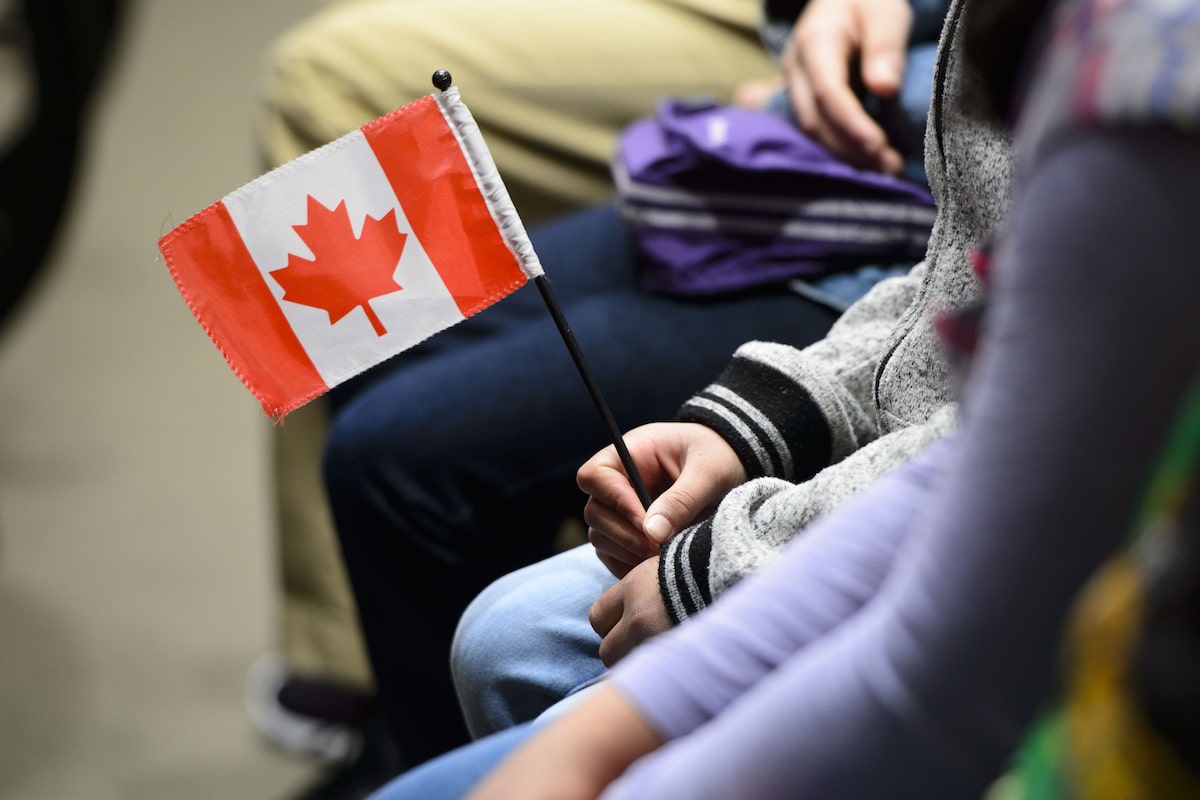Dissidents, human-rights activists and journalists being persecuted by foreign regimes could find themselves unable to get asylum hearings in Canada under planned immigration changes, refugee experts warn.
They are calling on the federal government to create an exception in Bill C-2, the Strong Borders bill, so dissidents can find safe haven here.
As it is currently worded, the bill would exclude dissidents and others from hearings at the Immigration and Refugee Board if they came to Canada more than a year before their claim.
Many – including political opponents of authoritarian regimes – may have visited Canada to attend meetings, speak at summits or give lectures, the experts warn.
Bill C-2, which is going through its parliamentary stages, aims to tighten up immigration rules and is likely to cut the total number of asylum claims. It would put people who have been in Canada for more than a year on a fast track to deportation.
The bill specifies that the one-year period “begins on the day after the day of their first entry.”
Ottawa’s hotel bill for asylum seekers reaches $1.1-billion
Lawyers said a “first entry” would include any previous visit to Canada, including a holiday here.
“Unlike the U.S. approach, where the one-year rule generally applies based on the most recent entry and includes exceptions, the Canadian version is broader and more rigid,” immigration lawyer Warda Shazadi Meighen of Toronto law firm Landings LLP said in an e-mail.
“This has troubling implications. It would apply to individuals who came to Canada years ago for reasons entirely unrelated to their current need for protection – as children on holiday, students, guest speakers or attendees at international conferences.
“These are often the same people – foreign dissidents, human rights advocates, journalists and LGBTQ+ individuals – who later flee genuine and escalating persecution from authoritarian regimes. Their prior, often innocent, engagement with Canada could now preclude them from seeking asylum here.”
Ms. Shazadi Meighen urged the government to create “a clear carve-out for dissidents and others fleeing political violence or state persecution, or at minimum a discretionary mechanism with procedural safeguards for those who fall outside the one-year window due to past presence but now face genuine risk.”
Gauri Sreenivasan, co-executive director of the Canadian Council for Refugees, called the one-year bar being proposed in Bill C-2 “a dangerous step that actually undermines safety for many in Canada.”
“For example, those that travelled to Canada as children, or someone that came to Canada previously as a renowned journalist, academic or human-rights defender to share their expertise and is later under threat in their country for this very reason could be arbitrarily denied access to safety due to their earlier visit; it defies logic,” she said. “There should be no time limit on the right to seek protection in or at our borders.”
Fen Osler Hampson, president of the World Refugee and Migration Council, said the wording of the bill’s clauses on asylum could have far-reaching, unintended consequences.
“In legislative drafting, every word and comma counts and the government should scrutinize every word, sentence and paragraph in new legislation carefully, not just in terms of their intended consequence and professed objectives, but also their potentially unintended consequences, which, in this particular instance, are profound and unintentionally discriminatory,” Mr. Osler Hampson, who is also professor of international affairs at Carleton University in Ottawa, said in an e-mail.
Minister planning new powers to clamp down on fraudulent immigration consultants
Canada has provided a haven for many foreign dissidents, including Maryam Shafipour, an Iranian human-rights activist who was held in solitary confinement in Tehran’s Evin Prison.
Gila Cotler, chief executive officer of the Raoul Wallenberg Centre for Human Rights, said it was important that Canada’s “refugee framework reflects the spirit of our humanitarian commitments.”
“In a time of rising global authoritarianism, we cannot allow policies to shut the door – intentionally or not – on courageous individuals seeking safety from persecution for telling the truth,” Ms. Cotler said.
Immigration, Refugees and Citizenship Canada spokesperson Jeffrey MacDonald said that the reforms in Bill C-2 are designed to “strengthen migration integrity and modernize the asylum system.”
They are also designed to make the asylum process faster, “while Canada’s commitment to protecting those in need continues to be upheld,” he said.
People who came to Canada more than a year ago would still be able to claim asylum, but the bill would bar them from hearings at the IRB, the body that adjudicates refugee claims in Canada.
“This will help avoid bottlenecks and allow the IRB to continue to address new claims as well as the significant inventory of pending claims,” Mr. MacDonald said.
People put on a fast track to deportation if they were in Canada more than a year before will have the option to apply for IRCC’s preremoval risk assessment of any danger they may face if sent home.
Mr. MacDonald said IRCC is boosting its ability to conduct more assessments, which are expected to increase significantly in number if the bill becomes law.

